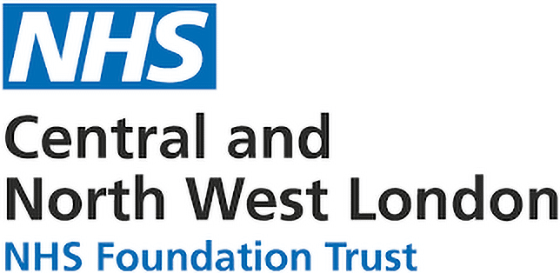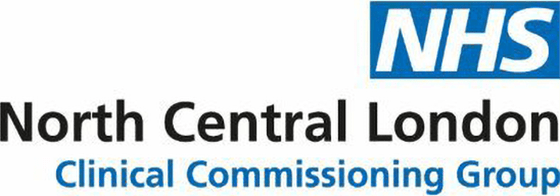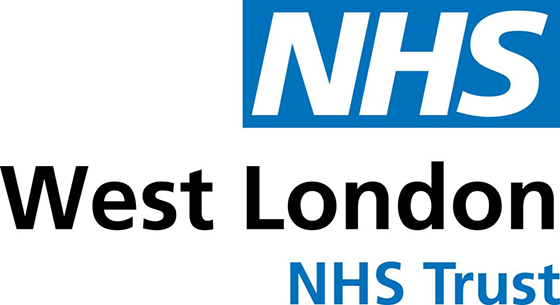The NHS111 service was firmly at the heart of the nationwide response to the coronavirus pandemic and it came at a time when 111 was already seeing its peak in system demand due to winter pressures.
A consistent message repeated from mid-February onwards urged patients to stay at home and contact the NHS 111 service if they thought they had symptoms.
Like other provider organisations, London Central West (LCW) Unscheduled Care Collaborative has system resilience and flu plans in place. However, the level of demand across the 111 service rose to a level never seen before – in fact there were periods when demand was more than 1200% above normal worst case seasonal forecasts.
Early Herculean efforts to reduce the long waits were replaced by call waiting times of less than one minute. This was incredible news for 111, but how did LCW (providing Integrated Urgent Care services to Inner North West and North Central London) achieve this?
“Scaling the workforce to meet the unprecedented levels of demand during this crisis seemed at times an unsolvable puzzle. Solving one problem would highlight another two and so began LCW’s agile response to the management of this crisis,” Blu Reynolds, LCW Director of Operations, explained.
As well as increasing the clinical workforce through the usual onboarding efforts and mutual aid from local practices, LCW also recruited 74 medical students to answer calls under the supervision of a fully qualified local GP.
They acted as first responders for callers, identifying potential emergencies which needed urgent action. The students also ensured safe care by directing callers down specific Covid-19 and non-Covid-19 pathways.
Other measures taken to meet the demand included having an outbound calling service for patients in the community with Covid-19 - at its peak there were 500 patients in scope. Video technology was also implemented to cope with the demand and three additional sites were quickly mobilised to accommodate a further 80 LCW staff.
Justine Silber, a first year medical student recruited to help out, explains: “We had to jump through all the HR and practical hurdles as well as organising training sessions and rotas. It was a crazy few weeks. But it’s extraordinary how a group of passionate students made such a difference to so many people in these extraordinary times.
“I have grown so much in this short time, which will hopefully put me in good stead for my clinical training in future years.”
Dr Oisin Brannick, local GP chair and mutual aid GP, said: “While much emphasis has rightly been put on the enormous pressure our secondary care colleagues were under during the COVID-19 crisis, there were many other sectors of the NHS under similar strain - one of which was 111. LCW’s 111 team responded to this huge challenge at speed, with innovation and a lot of ‘outside the box’ thinking.”
Coronavirus advice: https://www.nhs.uk/conditions/coronavirus-covid-19/symptoms/
If you have any of the main symptoms of coronavirus:
Stay at home and self isolate; do not leave home and do not have any visitors. Anyone you live with or anyone in your support bubble, must also self isolate.
Get a test: get a test to check if you have coronavirus as soon as possible. Anyone you live with, and anyone in your support bubble, should also get a test if they have symptoms.
Use the NHS111 online service if:
- you're worried about your symptoms
- you're not sure what to do










